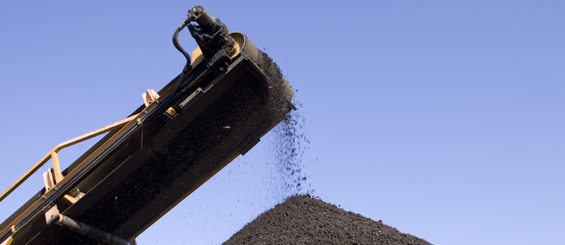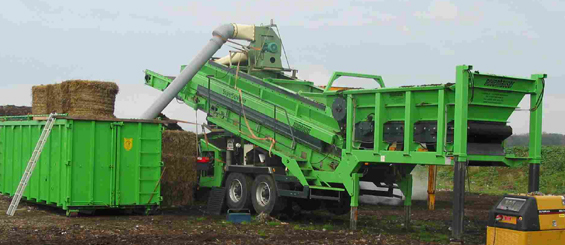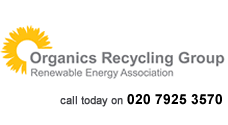- Introduction of the 'Quality Assurance' category of certification (where material can be certified but not achieve product status)
- Introduction of the Research Hub and Research Fees - more info below
- Introduction of scheme conformity marks
- Introduction of risk-based spot checks
The introduction of research fees is one of the most significant developments introduced by the updated Scheme Rules. Research brings a huge influx of knowledge to the industry, which is essential for continuous development. The Research Hub is a tool to source funding from the compost and AD industries in order to develop the technical and regulatory aspects of certified compost and digestate production, testing and usage.
In light of the comments received during consultation, the fees and charging mechanisms for the scheme may be reviewed next year and additional funding options will be explored to contribute to the Hub. In the meantime, REAL have explained how operators can contribute to the work of the Hub and decide which projects to prioritise. The proposed method for identifying research projects and the associated timescale is as follows:
- Submission of research project proposals or ideas - please contact REAL and propose research projects now and until 10th of February 2019
- The inaugural meeting of the Research Panel, on a date to be determined in February, will consider the projects proposed by scheme participants and by the CCS Technical Advisory Committee.
- The Research Panel will draw up a list of realistic projects, and these will be presented to all scheme participants in a Survey, inviting them to rank the projects and to propose other projects. The survey will last for four weeks so that the results will be available in early April.
- REAL will analyse the results of the survey in preparation for a meeting of the Research Panel in June, at which research projects will be prioritised.
- The tender process is likely to take place during July and August with the contractors for the first projects appointed in September.
REAL has appointed a Governance Committee, which has met twice and which is chaired by Michael Chesshire, to oversee the operation of the Research Hub and to ensure that the funds are managed in a fair and transparent manner.
If you are interested to find out more about the Research Hub please contact Justyna and visit this page.
Posted 09/01/19
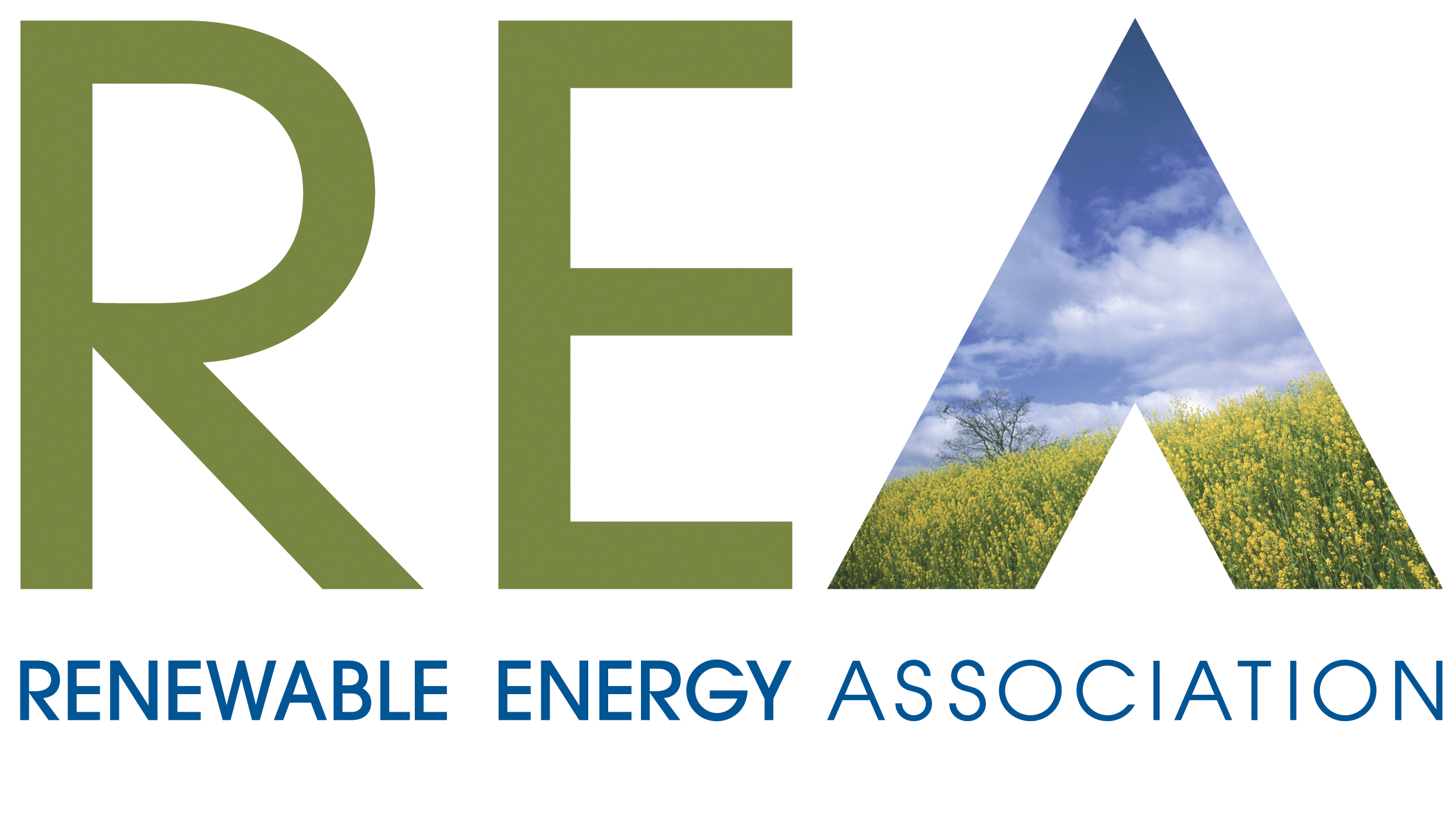

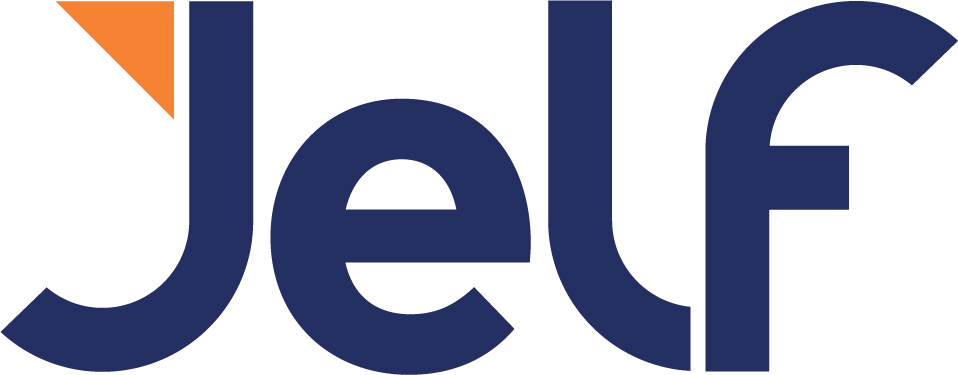
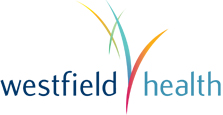
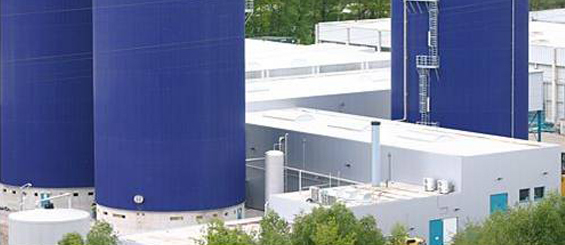
.jpg)
